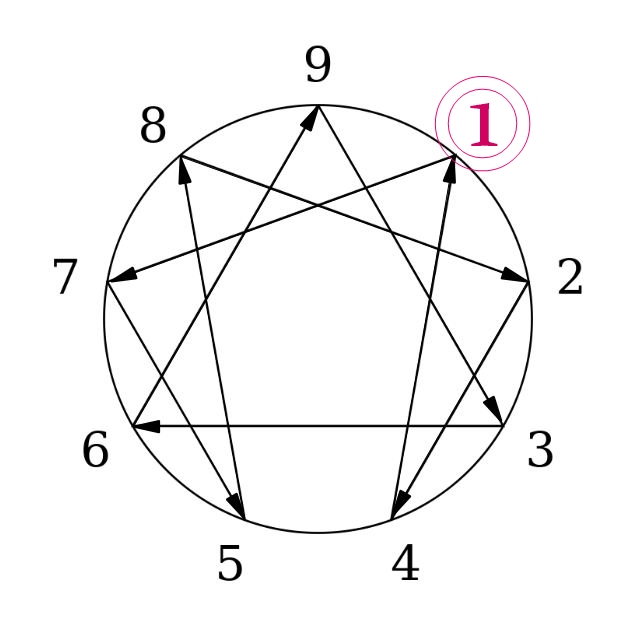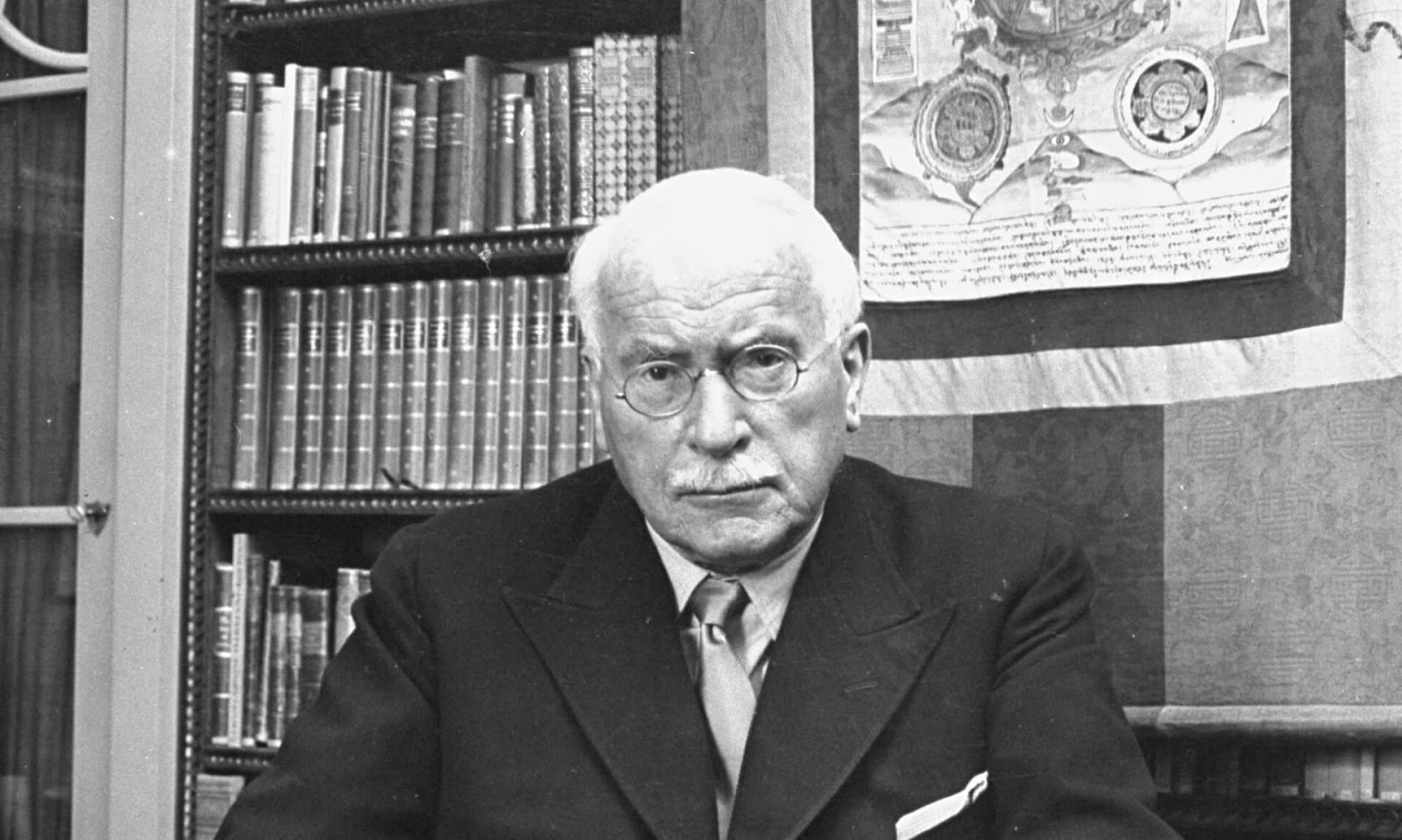Enneagram Type 3: The Achiever

The main orientation/fundamental motivation of this personality type is "to achieve set goals and be appreciated."
Positive Potentials:
- Type 3 individuals are confident and proactive. With an extroverted nature and strong communication skills, they quickly adapt to any environment they enter. These types, who are focused on success and constantly work to achieve their goals, are not easily demotivated and motivate those around them. They have a lively and energetic demeanor and enjoy being in the spotlight. They are practical.
Potentials Vulnerable to Negativity:
- They may become so engrossed in their work that they neglect their personal lives. They may exaggerate their competitiveness and behave overly ambitiously. They may have difficulty accepting defeat. They may ignore their own or others' feelings.
General Characteristic Features:
- Type 3 individuals are success-oriented, proactive, practical, image-conscious, and results-oriented. They attach great importance to their image and strive to be the best. They adapt to the environment they enter, quickly recognize what is expected of them, and act accordingly. The image they project in the eyes of others is always very important to them. Their desire to be the best manifests itself in all areas of their lives, whether it's being the best parent, student, or employee.
They do not recognize obstacles on the path to success and progress with great effort. They may bend the rules to reach their goals. They have strong focus and can work on the same task for hours. They always have a goal to achieve, motivate themselves, and do not give up easily.
They Suppress Their Emotions
- Type 3 individuals often suppress their emotions as they see anything that hinders them from reaching their goals as obstacles. They do not want their emotions to interfere with their goals and suppress them, which may make them appear emotionless. They are not actually devoid of emotions, just suppressing them.
Defeat and failures can make them feel very bad and may lead to resentment. Because they do not want to accept defeat, they may hide their emotions.
Their minds are generally occupied with their goals and they do not allocate much space to other things. Practical and result-oriented, they prefer options that will lead them to their goals most quickly and effectively rather than abstract/mental theories. While they value social norms to preserve their image, they may sometimes disregard these norms for their goals.
In family life, they are outgoing, dominant, and directive. They attach great importance to their family's status and want each family member to reach a certain level in their own work. They can be encouraging or even directive in this direction.
They want to be dominant and influential within the family. They may be intolerant of irresponsible or lazy family members and may behave harshly.
They Are Diplomatic Individuals
- These individuals have an active social life with a wide circle of acquaintances, but they have very few friends with whom they have emotional connections. They place more importance on their image in their social lives, take care of their appearance, and generally use expensive, branded items.
They generally prefer to have successful, career-oriented, influential people in their circle. Type 3 individuals are diplomatic and do not show their feelings to people they do not like.
They Always Behave in a Controlled Manner
- In their special relationships, they expect a blend of harmony, love, understanding, and values such as career and image, supporting each other in both directions. They care about their partners' social status, interests, education, and economic status. They want to feel valued, cherished, and loved in their relationships. If they feel valued and loved, they become more open to emotional sharing.
They value the image they project to the outside world with their partners and avoid actions that would tarnish it. Therefore, they always behave in a controlled manner and expect the same behavior from their partners. If they do not find what they expect from their relationships, if they do not receive enough attention, love, and value, they may easily end their relationships. Their lack of emotional attachment makes this easier for them.
They Are Successful Children at School

- Type 3 children are energetic, socially adaptable, practical, and care about their appearance. These children, who are focused on being successful, generally have a good relationship with school. They like to impress people and care about their image. They are children who cannot accept defeat.
These children, who constantly seek attention, can become resentful if they cannot achieve their goals. They display a confident demeanor, have high social and verbal skills.



